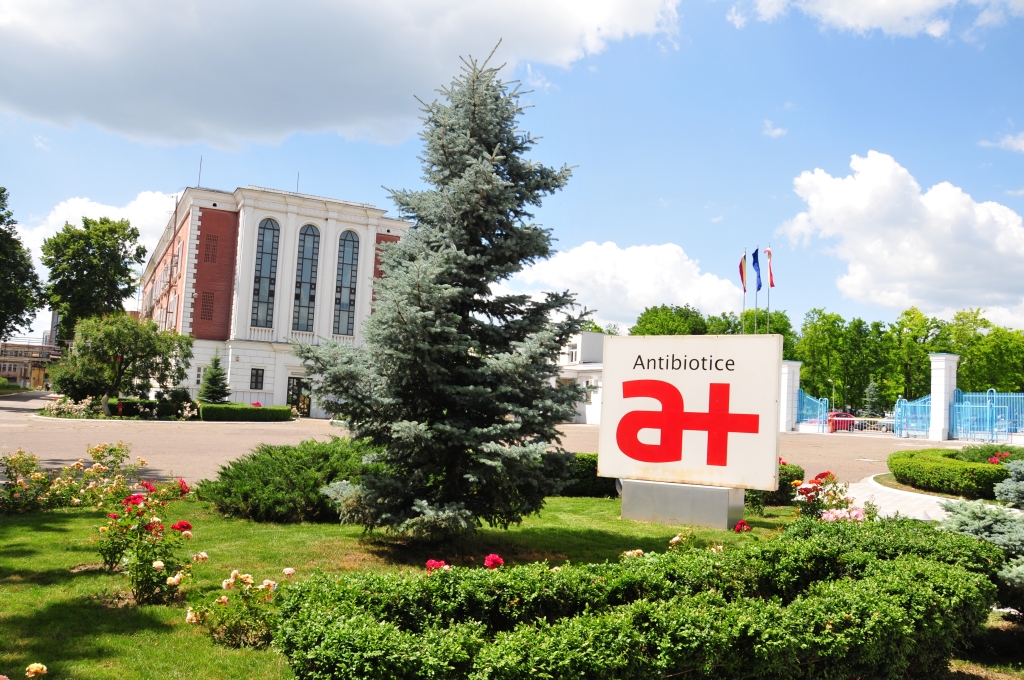The shares of the Romanian drugmaker Antibiotice (BVB: ATB), controlled by the state (53%), gained nearly 12.5% on June 6 after the minister of investments Adrian Caciu and the company’s general manager Ioan Nani announced a EUR 100 million project developed under the Strategic Technologies for Europe Platform (STEP) for the production of so-called “critical medicines.”
No note was sent to investors about the new investment.
ATB shares have quadrupled their price over the past year, and the company has a market capitalisation of RON 1.66 billion (EUR 334 million). Its net profit reached RON 81 million (EUR 16 million) in 2023, of which RON 30 million (EUR 6 million) will be distributed as dividends.
Although the two officials failed to provide key details about the EUR 100 million project (such as the specific financing scheme), they announced that the investments would be completed by the end of 2026 or mid-2027 and would contribute to the doubling of the company’s turnover to EUR 250 million in 2030 from EUR 120 million in 2023.
The project has three segments, namely research, manufacturing, and human resources, minister Caciu said.
“The investment is already negotiated with the European Commission, we are in the last stages and that is why I wanted to meet with Antibiotice management,” he explained.
“The funding will come directly to Antibiotice Iasi,” he added.
For his part, the company’s general manager, Ioan Nani, stated that only Romania and Germany submitted projects under the STEP (Strategic Technologies for Europe Platform) program developed by the European Union to develop the production of critical medicines for the population’s consumption, according to Radio Iasi.
“Investment efforts will go towards a new research centre that will strengthen the production of medicines in Iasi and two new production sites,” Nani said.
Essential operational data about the projects were released. The number of employees in Antibiotice’s research department will rise from 70 to 200 as a result of the project. The number of critical medicines produced by Antibiotice will increase from 25 to 45.
The number of jobs (nearly 1,400 as of now) will stay constant even if the company plans to invest EUR 10 million in digitalisation. However, the allocation of jobs among departments may be changed with the result of doubling the income per employee from EUR 1,150 currently to EUR 2,500.
STEP was set up by the EU to support European industry and boost investment in critical technologies (biotechnologies included) in Europe but it has no financing scheme attached. Instead, funding under all EU’s financing schemes is available for projects coordinated by STEP.
It thus remains unclear which financial instruments will be used to finance the EUR 100 million project and what type of funding (grant or loan) is available.
Separately, the EU has set up the Critical Medicines Alliance, of which Antibiotice is not a member.
iulian@romania-insider.com
(Photo source: Antibiotice.ro)



